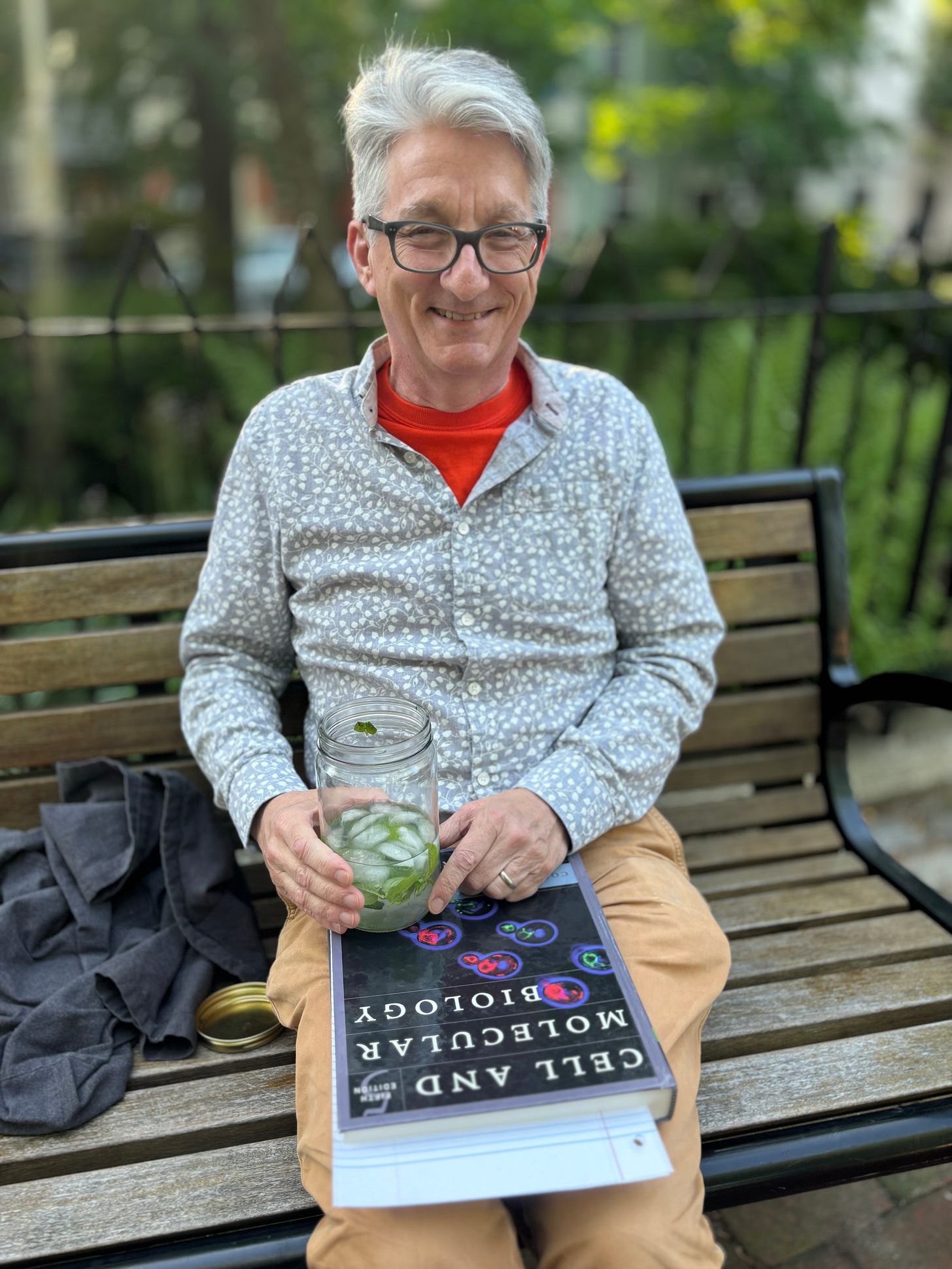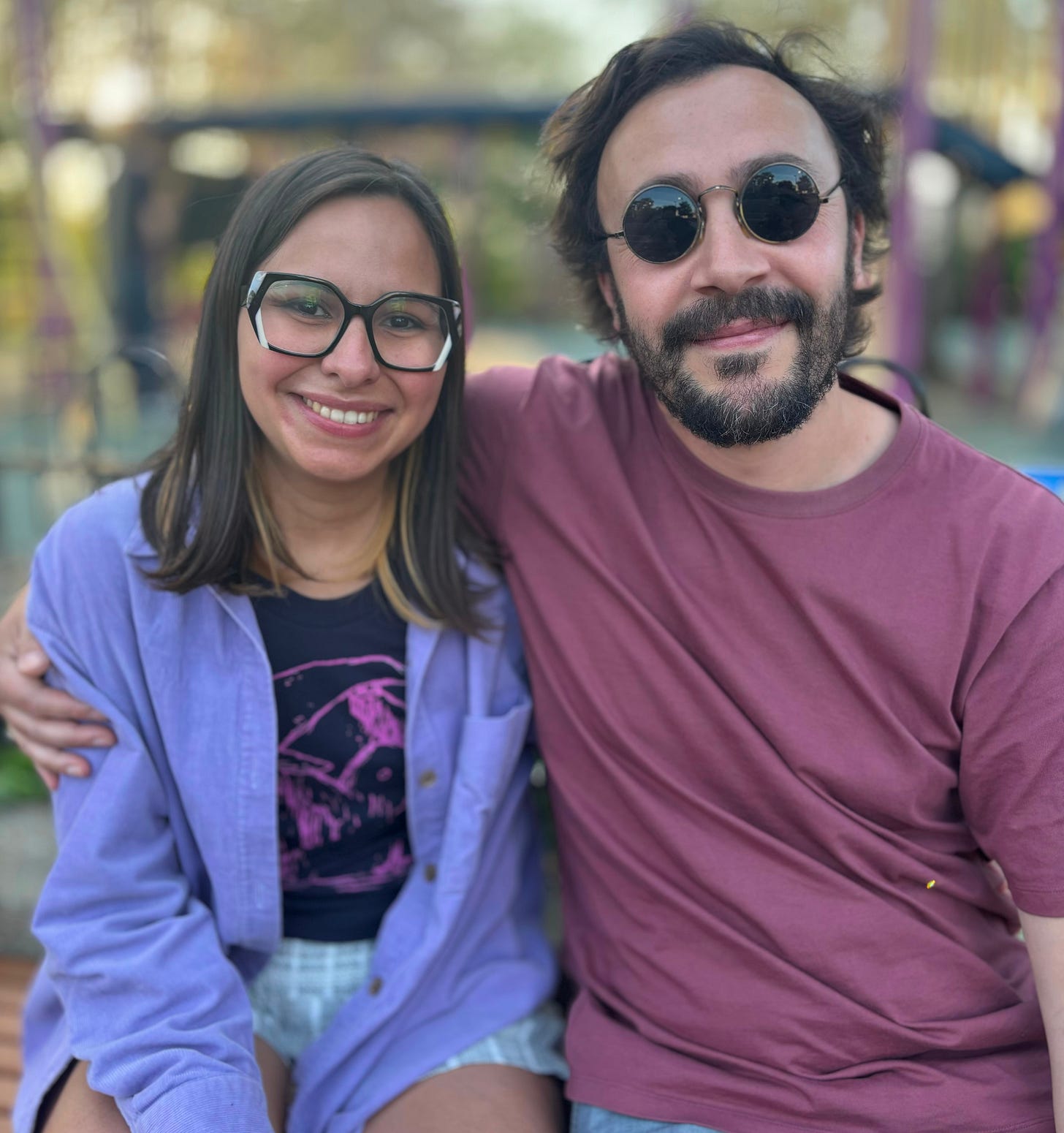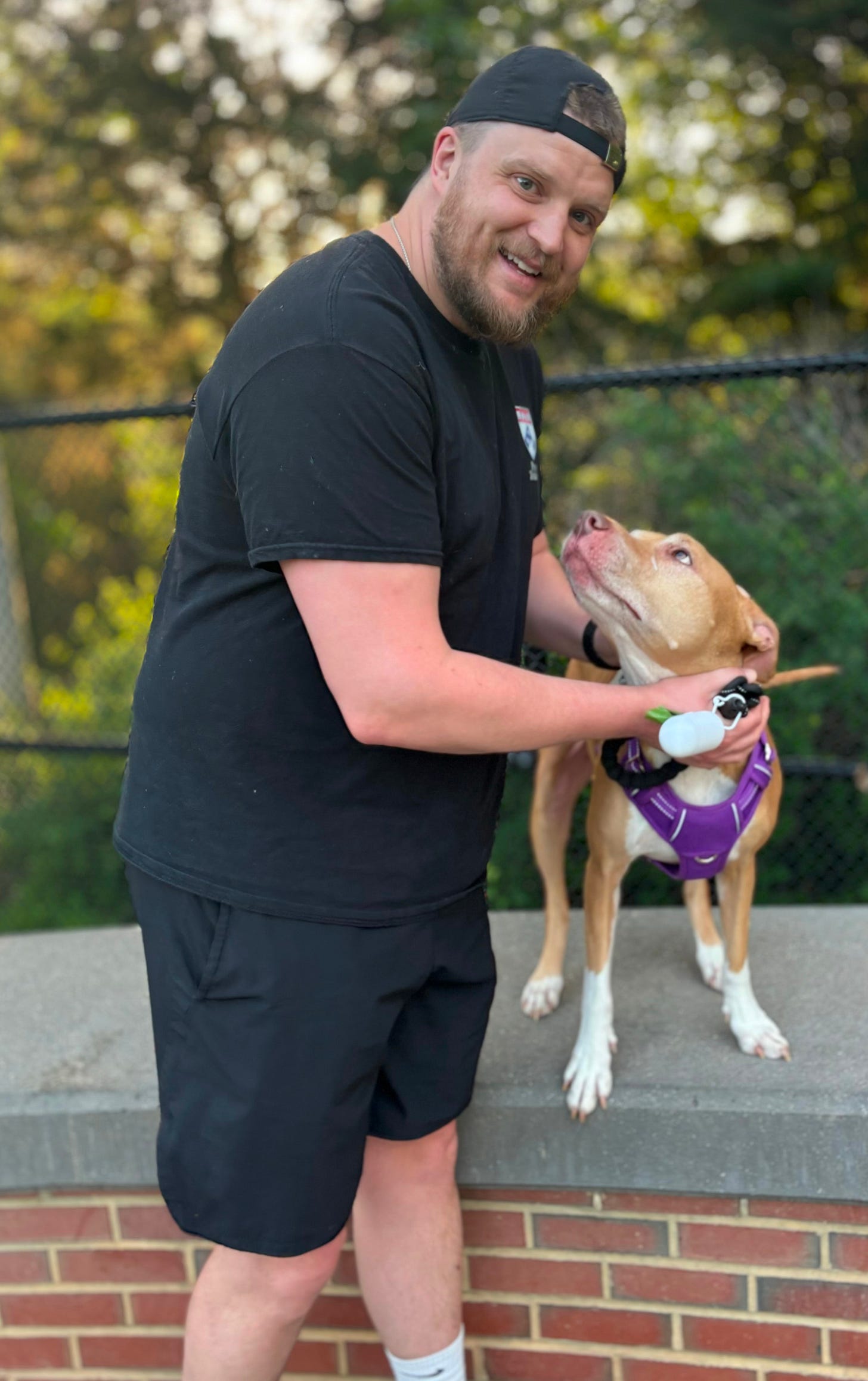Humans of Fitler Square
Want to sponsor an upcoming issue? Inquire here.
Humans of Fitler Square
By Rolando Rosa
Humans of Fitler Square is our take on the long-running Humans of New York project: brief, verbatim portraits of local residents, offering a glimpse into the people and stories behind the rowhouse doors.
Sam Garst, 60
“This place was a little bit rougher but it was also a lot livelier and interesting. Now it seems too expensive to move here as a small family. The people that move here must do something that generates a lot of money. Because there’s a lot of kids on my block again but the houses sell for millions, which I can’t add up.”
“When I moved here 30 years ago, there were some losers across the street from me, really old people. They were like: ‘You can’t have parties’. We would throw these huge parties. It was really cheap to live here. Now I’m old and I see the young people moving in. I’m sad that they aren’t throwing wild parties [laughs]. I’m really disappointed the cops aren’t coming down our street regularly. It’s a grave disappointment to me when I see the recycling bins full of a discreet bottle of white wine or two.”
“We threw a raging party where you could only tell lies. We wrote the word oath on the ceiling so you had to lie under oath. You couldn’t get in the door without saying something that wasn’t verifiable about yourself. Something nobody there would know, whether it was true or false about yourself. That’s how you got into the party. Most of our neighbors came and it was a lot of fun.”
“I’m taking a molecular biology class at Drexel University because I’m confused about neurology, which I’m interested in. I’ve been studying for a few years now and I’m still confused about parts of it, so I’ve got to dig a little deeper into the cellular level. It’s the most promising area in the next decade or two. I believe neuroscience will fix depression, will help us be more productive and satisfied and be better parents, be happier about dying. I’m very optimistic and have high hopes for what we’re going to discover soon in the practical real benefits for the whole world that will ensue from that. You better cut that off before I start crying.”
Noeilis P and Ioannes B
Noeilis: “Our children are 3 and 5. We’re not originally from Philadelphia and both our families live outside [the US].”
Ioannes: “The first one was also born as soon as the pandemic started, so that was a little bit of a big change because everybody was inside and we were with a baby.” It’s so nice seeing them learn things. They learn so much. The oldest one already speaks English better than I do. She already plays piano. It’s amazing how fast they learn.”
Ioannes: “They can easily adapt to everything. Seeing them grow is amazing.”
Noeilis: “I think you follow a lot of your parents' style. I am kind of the opposite. I feel like I am trying to do a lot of things differently. I feel like when I was growing up people didn’t really ask children questions or consider how they felt. It was just the rules and no questions asked kind of. I try to do the exact opposite. I give them as much space to express what they feel like they need.”
Ioannes: “Also the technology part is really different. We grew up with very little technology. I think a VHS recorder was a big technology thing in my house and that came when I was maybe 10 years old. So no computers just like a basic TV. They grow up with all this technology around. You have to think a lot of: ‘What do you give them?’ Because if you give them everything I don’t think that’s good.”
Noeilis: “I feel like moms are given a lot of advice that maybe isn’t too useful because it puts a lot of pressure on them. I think I would’ve told myself to just kind of trust my instinct a little bit better. Trust that babies are new so they really are adjusting to everything around them. You have to take it slow.”
Ioannes: “My advice would be don’t be stressed. It’s doable. Each family is different. Each kid is different. You have to really see what you have on hand and do the best with what you have instead of trying to move to a bigger house or buy more stuff. Really focus on your family and what your real needs are.”
Noeilis: “The most important one is to remember that it will pass. Sometimes you’re in a rut and it feels like it’s going to last forever.”
Ioannes: “Take a lot of pictures and videos because once it’s gone, it’s gone.”
Chris D
“I’ve had my dog for five years. I moved here from Chicago. I got her during COVID from an animal shelter there. I think a lot of people got COVID dogs. I was working from home a lot and living alone, so she was just a good companion to have and we’ve been together ever since.”
“There’s no limitations and [the love] is unconditional. No matter what kind of day you had when you walk in the door they’re just going to love you no matter what. The second I walk in the door she’s jumping at me and wants to hang out and cuddle. Can’t argue with that. They’ll get you through anything you’re going through in your life. They’re a steady rock, a steady presence. It’s way more time and devotion than I thought but so worth it. I would encourage anybody to do it.”





This is so sweet! I love "boring" articles like these, it really shows you the vibe and humanity of the neighborhood.
Is this the first article?
I’d love to read more on the neighborhood make-up.